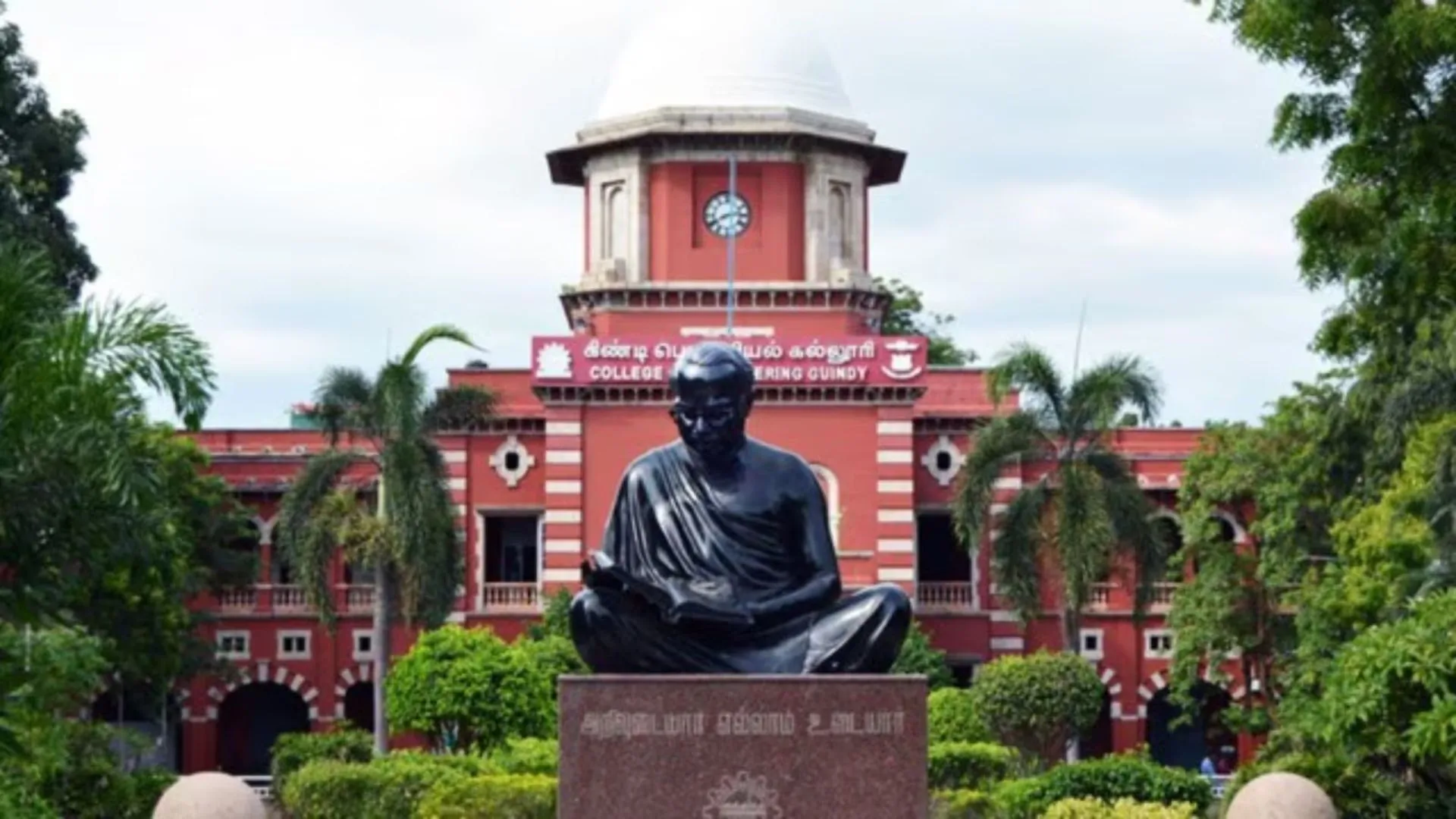In a strict and swift action, the Rajasthan High Court just recently in a latest judgment titled Nanuram Sahni and Vinod Kumar vs. State of Rajasthan through PP in S.B. Criminal Miscellaneous (Petition) No. 4317/2020 delivered as recently as on 9 November 2020, has directed Registrar (Vigilance) to initiate against a Magistrate who issued arrest warrants against accused. This despite the irrefutable fact that the High Court had earlier granted them anticipatory bail. Without mincing any words, the Bench of Justice Sanjeev Prakash Sharma of Rajasthan High Court also observed that, “The action of the learned Magistrate is clearly wanting and shows scant respect to the High Court’s order as well as having little knowledge relating to criminal law.”
To start with, the ball is set rolling in para 1 of this notable judgment authored by Justice Sanjeev Prakash Sharma wherein it is put forth that, “Learned counsel for the petitioners submits that the petitioners were granted anticipatory bail by this Court in the FIR registered against them bearing No.3/2003 at Police Station Khetri, District Jhunjhunu under Section(s) 418, 420, 465, 467, 468, 471, 406 & 120-B IPC. The police submitted a Final Report whereafter protest petition was filed, which was dismissed. Against the dismissal order of the protest petition, a revision petition was filed, which was allowed by the learned Additional Sessions Judge, Khetri and the matter was remanded back to the Court to pass a fresh order on 18.7.2018, whereafter the learned Magistrate has taken cognizance on 11.1.2019 and summoned the petitioners through arrest warrants. The said order of remand was challenged by the petitioners before the High Court and the High Court had stayed the said proceedings. Taking into consideration the order of taking cognizance, the petition was declared infructuous.”
As we see, it is then noted in para 2 that, “Learned Magistrate thereafter again issued arrest warrants. Learned counsel for the petitioners submits that on coming to know about the arrest warrants, the petitioners moved an application informing that they are on anticipatory bail by the Court and also requested that the arrest warrants should be converted into bailable warrants in terms of Section 70(2) Cr.P.C., however, learned Additional Chief Judicial Magistrate, Khetri whereby its order dated 3.9.2020 has refused to convert the non-bailable warrants to bailable warrants on the premise that he does not have the power to convert the non-bailable warrants to bailable warrants as it would amount to refuse recalling its earlier order, which is barred in terms of Section 362 Cr.P.C. and has further issued arrest warrants on the same day. Learned counsel submits that issue has been finally decided and put it rest by the Larger Bench as to the tenure of the anticipatory bail in Sushila Agarwal & Others Versus State (NCT of Delhi) & Anr. ; Special Leave Petition (Criminal) No(s).7281-7282 of 2017 decided on 29.1.2020 by the Five Judges Bench and it has been held that the anticipatory bail granted by the Court shall continue till the end of the trial.”
To substantiate what is stated above, it is then pointed out in para 3 that, “Learned counsel also relies on the judgment passed in the case of Inder Mohan Goswami & Another Versus State of Uttaranchal & Others reported in AIR 2008 SC 251 to submit that in the ordinary course, non-bailable warrants ought not have been issued. It is not a case where the conditions laid down therein fall for the purpose of issuing non-bailable warrants. Learned counsel also submits that the petitioners are very old persons and taking into consideration the overall facts and the fact that the petitioners were already on anticipatory bail, the order passed is clearly illegal and without jurisdiction.”
Be it noted, it is then very rightly pointed out in para 7 that, “In the case of Inder Mohan Goswami & Another (supra), the Apex Court has laid down the condition that the non-bailable warrants should be issued observing thus:
“52. Non-bailable warrant should be issued to bring a person to court when summons of bailable warrants would be unlikely to have the desired result. This could be when:
• it is reasonable to believe that the person will not voluntarily appear in court; or
• the police authorities are unable to find the person to serve him with a summon; or
• it is considered that the person could harm someone if not placed into custody immediately.
53. As far as possible, if the court is of the opinion that a summon will suffice in getting the appearance of the accused in the court, the summon or the bailable warrants should be preferred. The warrants either bailable or non-bailable should never be issued without proper scrutiny of facts and complete application of mind, due to the extremely serious consequences and ramifications which ensue on issuance of warrants. The court must very carefully examine whether the Criminal Complaint or FIR has not been filed with an oblique motive.”
Most significantly, it is then very rightly observed in para 8 that, “For the aforesaid backdrop, this Court notices that it is a case where on remand from the District Judge, the Court has taken cognizance of the offences relating to allegations under Sections 418, 420, 465, 467, 468, 471, 406 & 120-B IPC. The High Court vide its order dated 29.4.2003 had granted anticipatory bail to the petitioners with the condition that in the event of arresting the petitioners, they shall be released on bail. Keeping in view the conditions laid down in Sushila Agarwal & Others (supra), this Court is of the firm view that the action of the learned Magistrate from the date, it has taken cognizance and upto passing of the impugned order dated 3.9.2020 has acted in clear violation of the orders passed by the High Court after having granted anticipatory bail. There was no occasion for the learned Magistrate to have issued the arrest warrants and such course or power was not available with it in spite of having been given to it. Learned Magistrate has insisted on issuing of the arrest warrants and it is also seen that the provisions of Section 362 Cr.P.C. cannot come into operation while deciding the application under Section 70(2) Cr.P.C. The action of the learned Magistrate is clearly wanting and shows scant respect to the High Court’s order as well as having little knowledge relating to criminal law.”
Needless to say, it is then pointed out in para 9 that, “A copy of this order be sent to the Registrar (Vigilance) for placing it before the concerned Committee to decide what course of action is required to be done as against such Magistrate.”
Finally, it is then held in para 10 that, “In view of the aforesaid finding and the law laid down by the Supreme Court, I am inclined to allow this petition and quash the order dated 3.9.2020 so far as the issue of arrest warrant and rejecting the application under Section 70(2) Cr.P.C., the petitioners shall be treated as entitled to all the benefits as granted by this Court under the anticipatory bail and shall submit before the Court without submitting any final bail bonds.”
It goes without saying that the larger point that this latest judgment of the Rajasthan High Court seeks to send out clearly is: Magistrates must refrain from issuing arrest warrants while High Court’s anticipatory bail order is in existence. High Court’s order must be accorded due respect by the Magistrates. If they still refuse to follow the prescribed directions in this regard then they must be prepared to face strict action as we see has happened in this case also.
At the cost of repetition, it must be certainly said in most simple and straight language that Justice Sanjeev Sharma has very rightly minced no words to state it upfront that, “The action of the learned Magistrate is clearly wanting and shows scant respect to the High Court’s order as well as having little knowledge relating to criminal law.” All the Magistrates from now onwards must always adhere to what the Rajasthan High Court has laid down so explicitly, elegantly and effectively in this notable case and which is the correct legal position also! Magistrates must stick to their limits and should desist from issuing arrest warrants in all such cases when the High Court’s anticipatory order is still in existence! There can certainly be no ever denying or disputing it!













